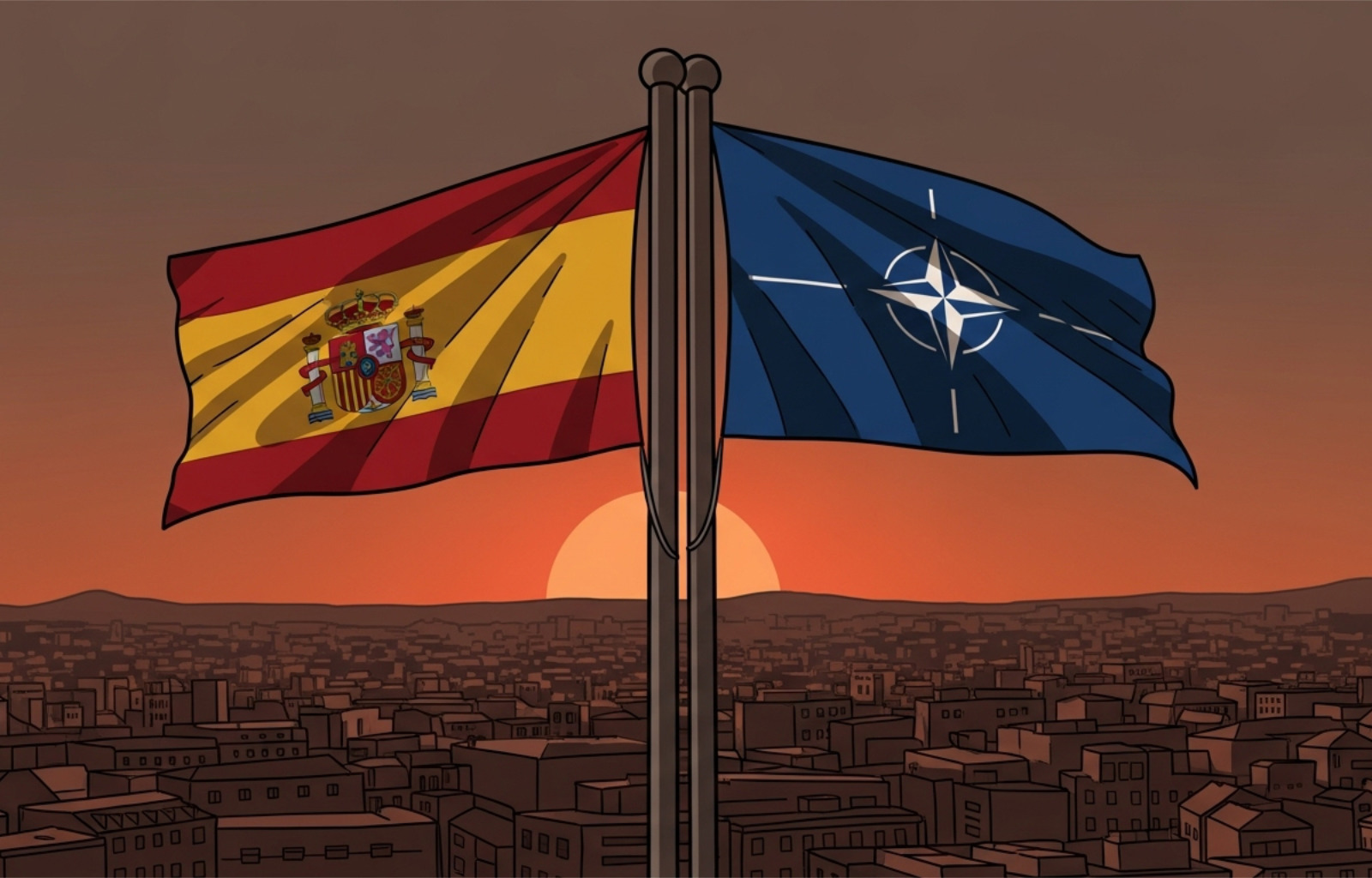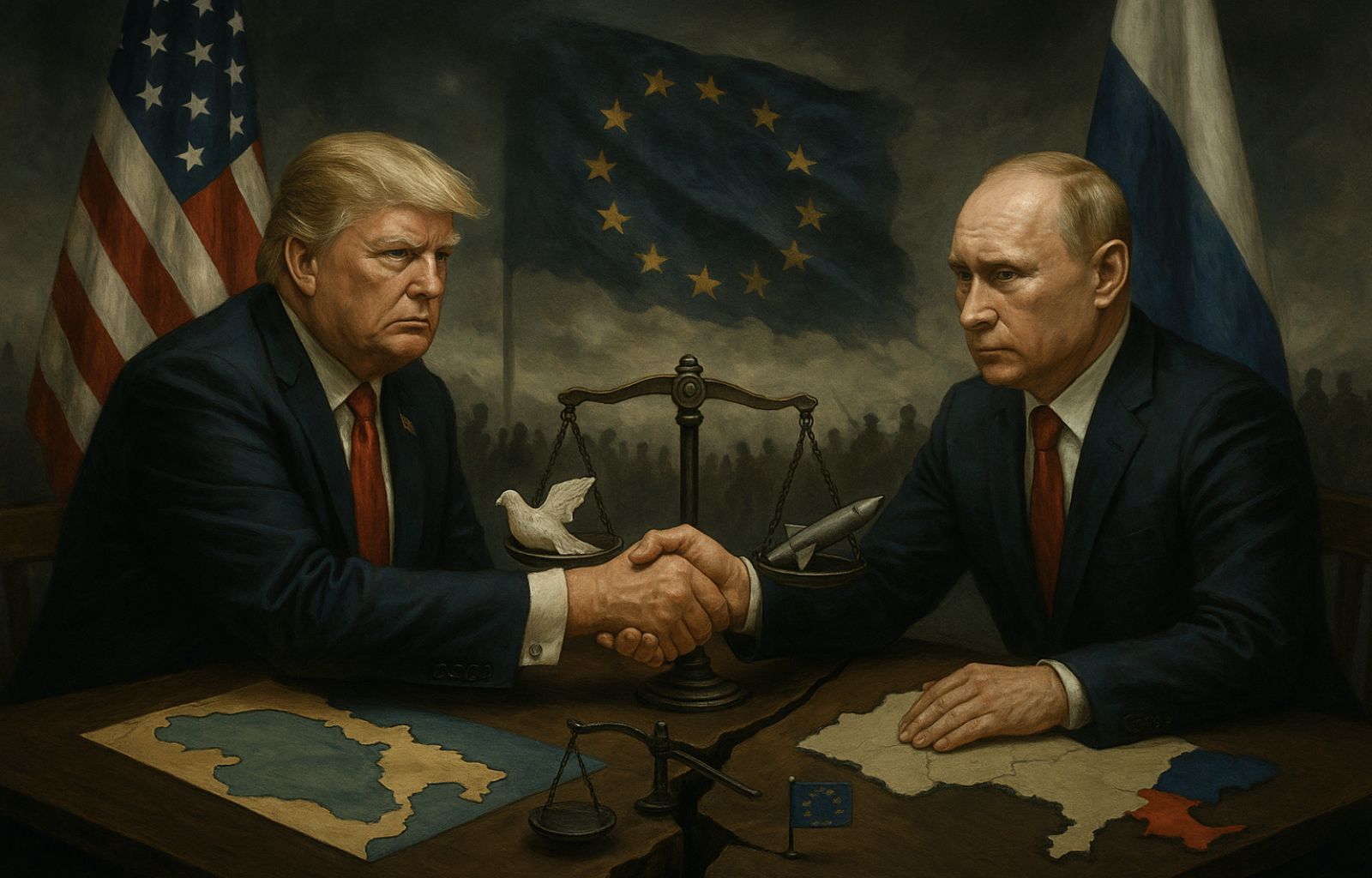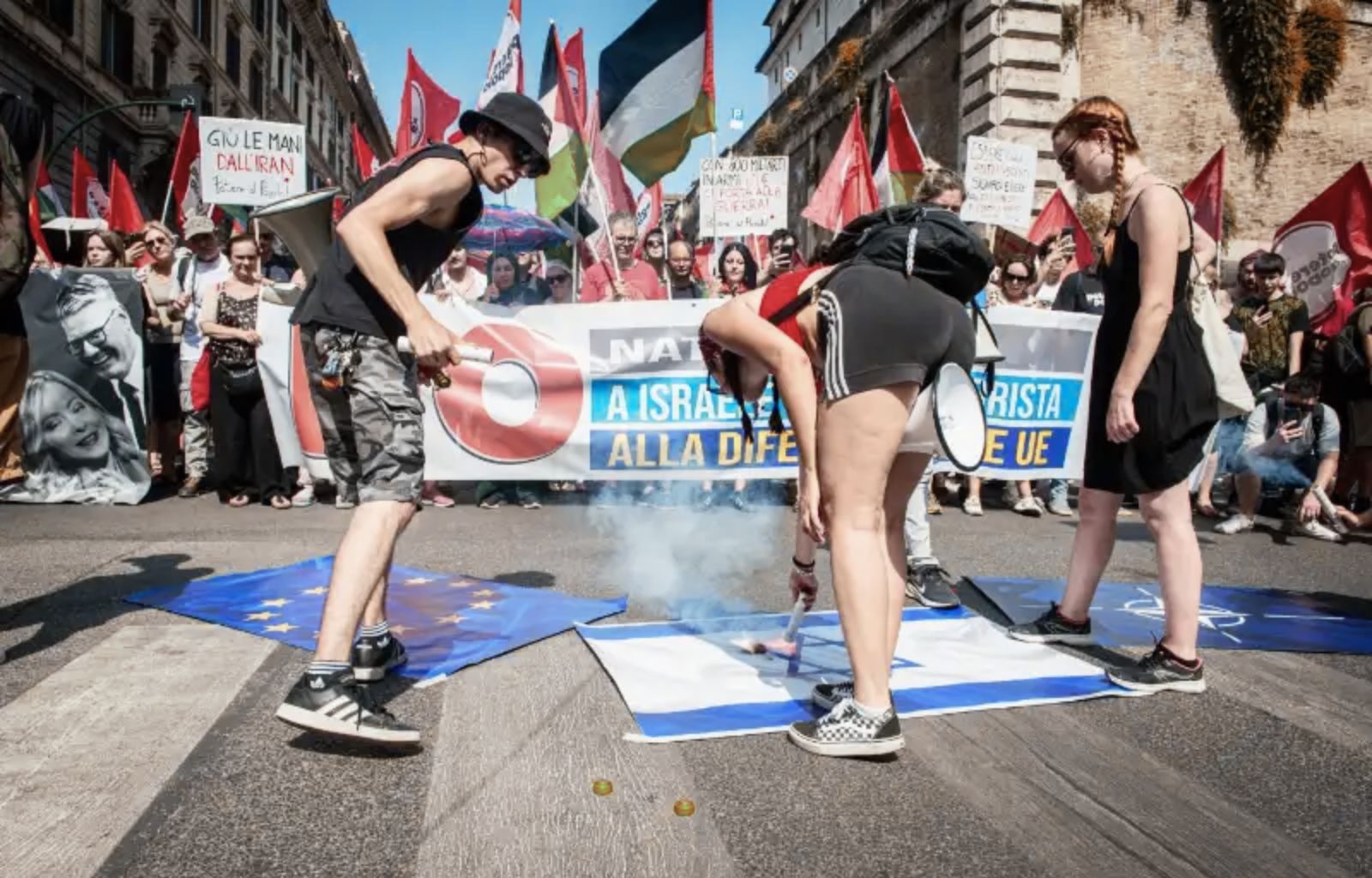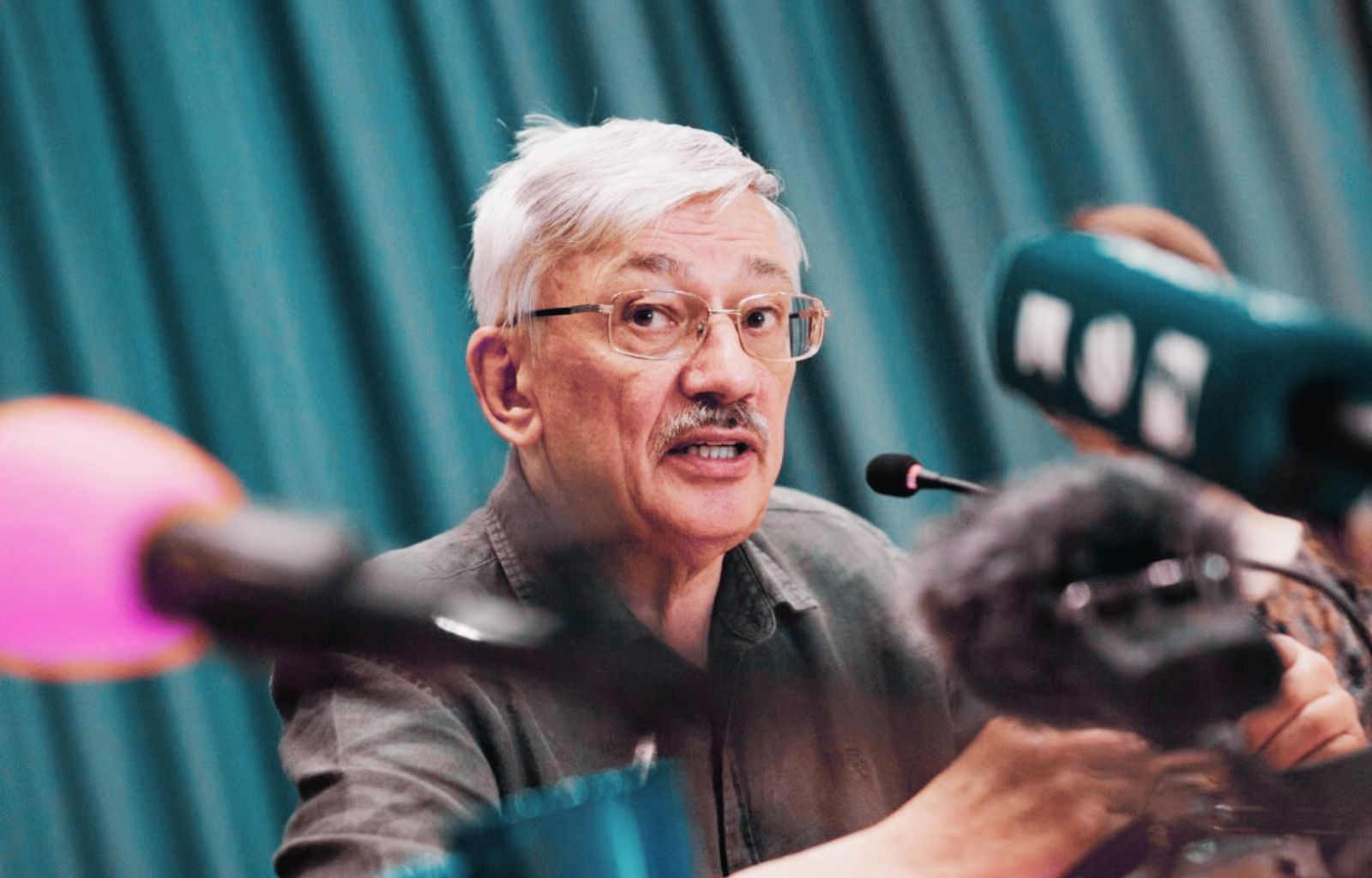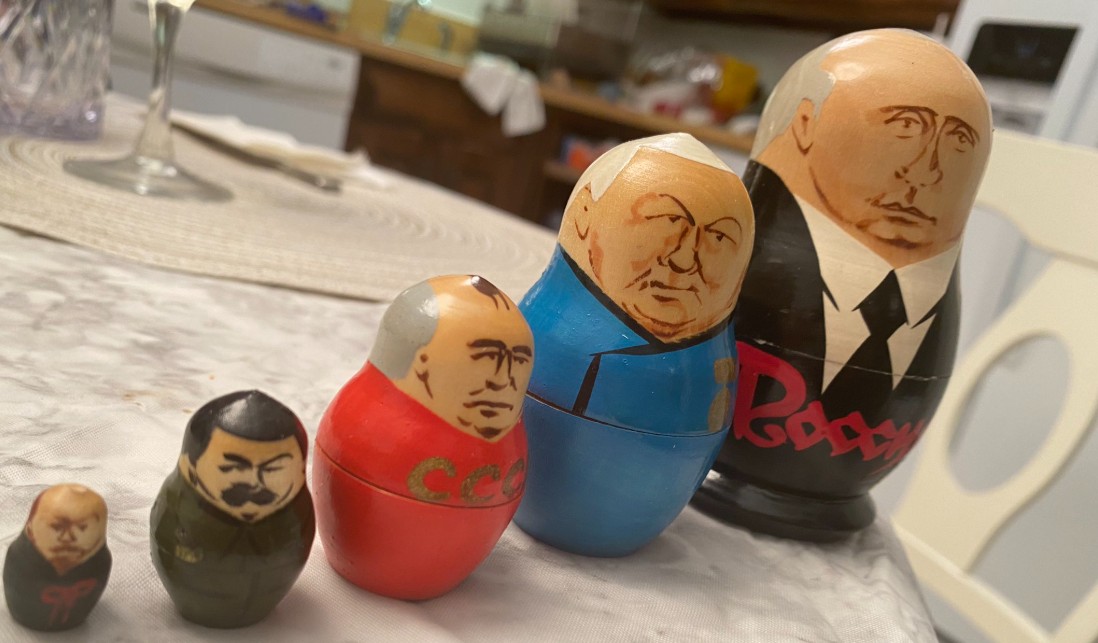Pannella, peace and the ‘peace fools’
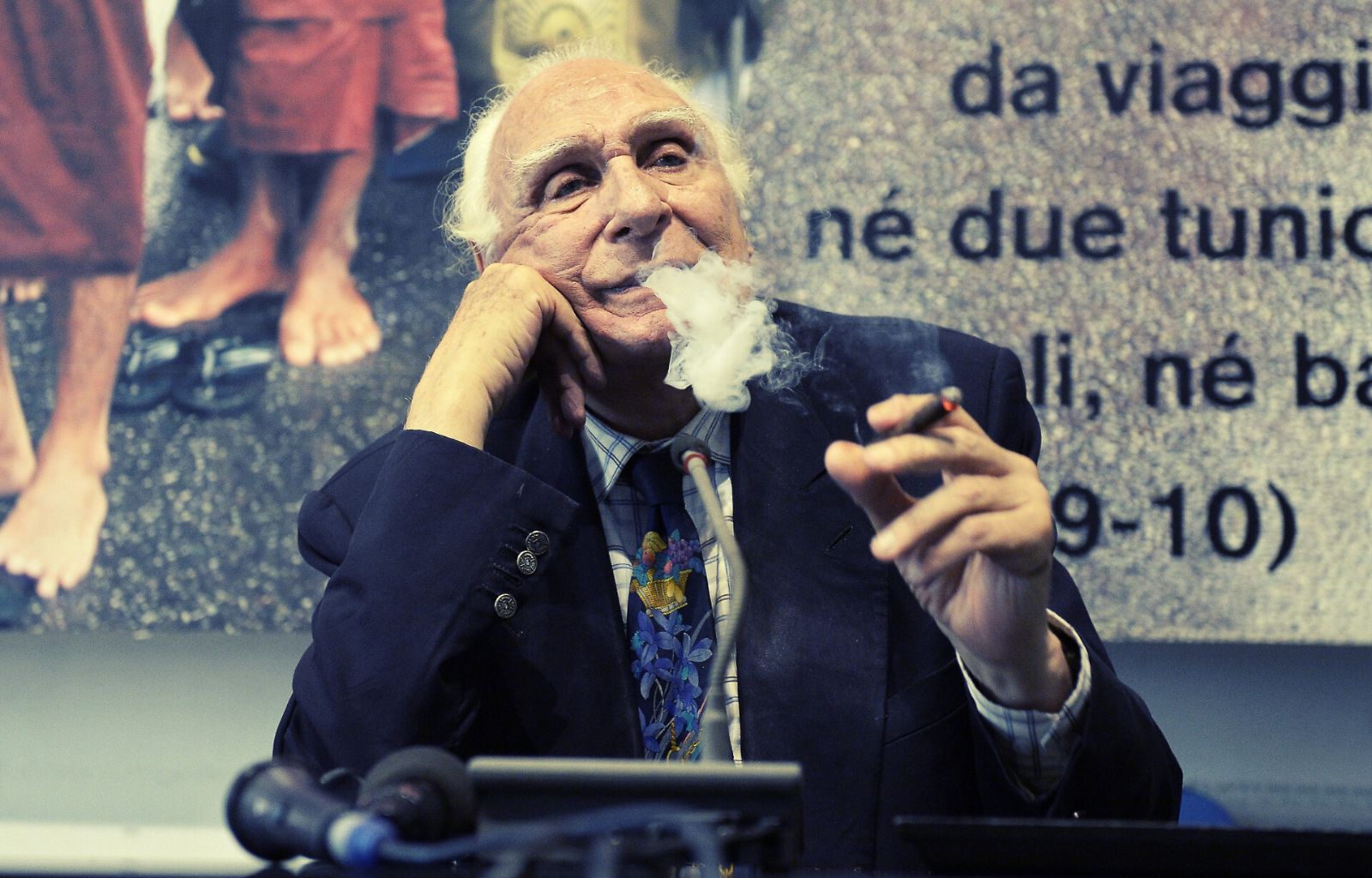
“In the catastrophes and monstrosities of the century, pacifism has tragically weighed in for the benefit of dictators and at the cost of the oppressed; for the benefit of militarist totalitarian states and against democracies to be rearmed; it has been an influential psychological factor in the politics of Munich, and in the aversion to the West. He was the bearer of messianic and irenic attitudes; Gandhi was something else‘.
Nine years after Marco Pannella‘s death, these words – spoken in an interview with Adriano Sofri in 1993 – remain among the most lucid and provocative ever said on the subject of peace in politics. Uncomfortable words, today more than ever, at a time when the word ‘pacifism’ is too often used as an ideological shield to avoid uncomfortable stances.
Pannella never rejected peace, but he rejected pacifism as an absolute moral category. For him, peace was a concrete value, not a consolatory abstraction. Above all, it was subordinate to freedom, human rights, democracy. He knew that the great massacres of the 20th century had also taken place thanks to the indifference, the moral and material disarmament of those who could have stopped them.

In the current context – between the war in Ukraine and the return of autocracies on the global stage – rereading these words is a necessary exercise. Equidistance between aggressor and aggressed is not neutrality, but complicity. And it is precisely on this theme that recent reflections are inserted, such as those contained in Marco Setaccioli’s Scemi di pace, a pamphlet denouncing the ambiguity of certain Western pacifism, more concerned with condemning the sending of arms to Ukraine than denouncing Russian aggression.
Setaccioli photographs a cultural climate where the word ‘peace’ is bent to legitimise a substantial moral surrender. But the merit of these analyses is above all that of resonating – years later – the voice of those who, like Pannella, taught us that non-violence is never an absence of conflict, but its civil, active, responsible management.
In the last stretch of his life, Marco Pannella fought for international justice, for the International Criminal Court, for the right of oppressed peoples to have a voice. He never confused peace with impunity. Nor has he ever believed that disarming oneself before those who oppress was an ethical choice. If anything, it was the most dangerous illusion.
Nine years after his death, the best way to remember him is to pick up that thread of thought, and to strongly oppose any pretence of neutrality. Because true peace is not that which is silent in the face of injustice, but that which fights it with the instruments of law, politics and – if necessary – legitimate force.

